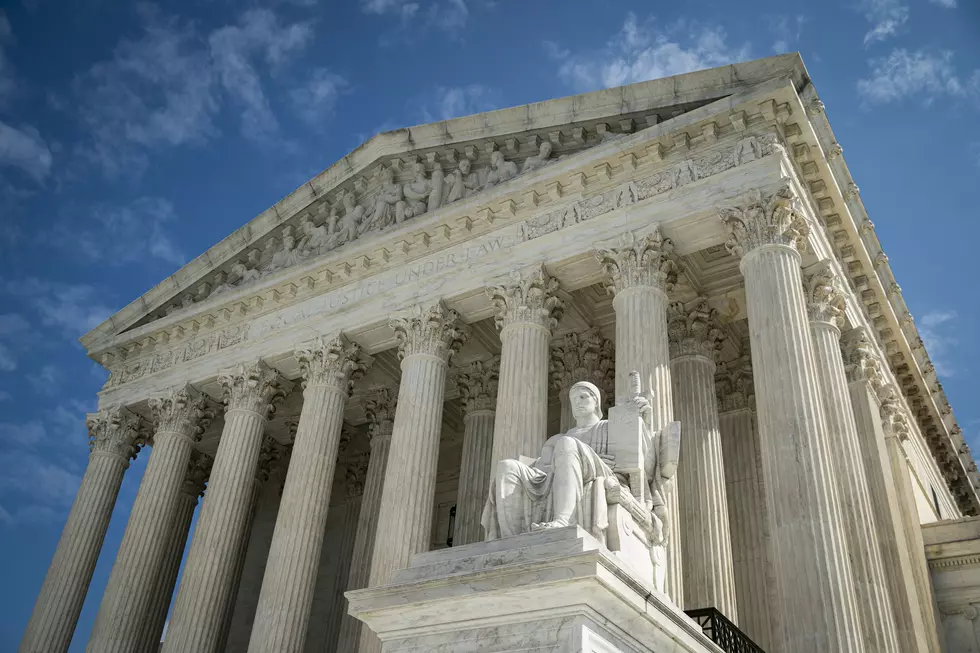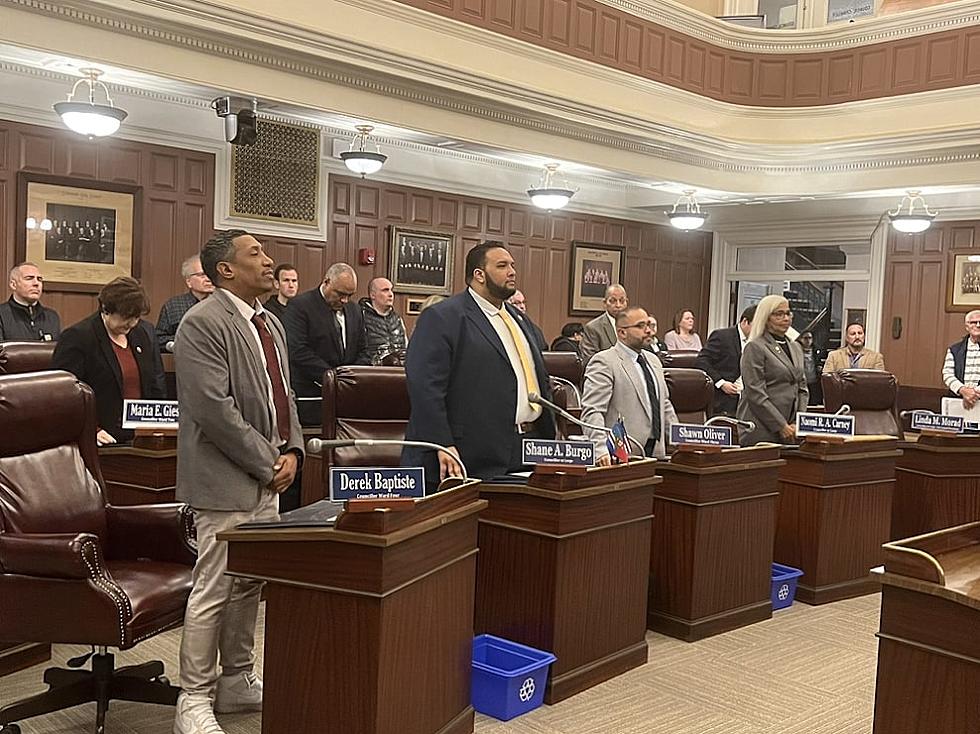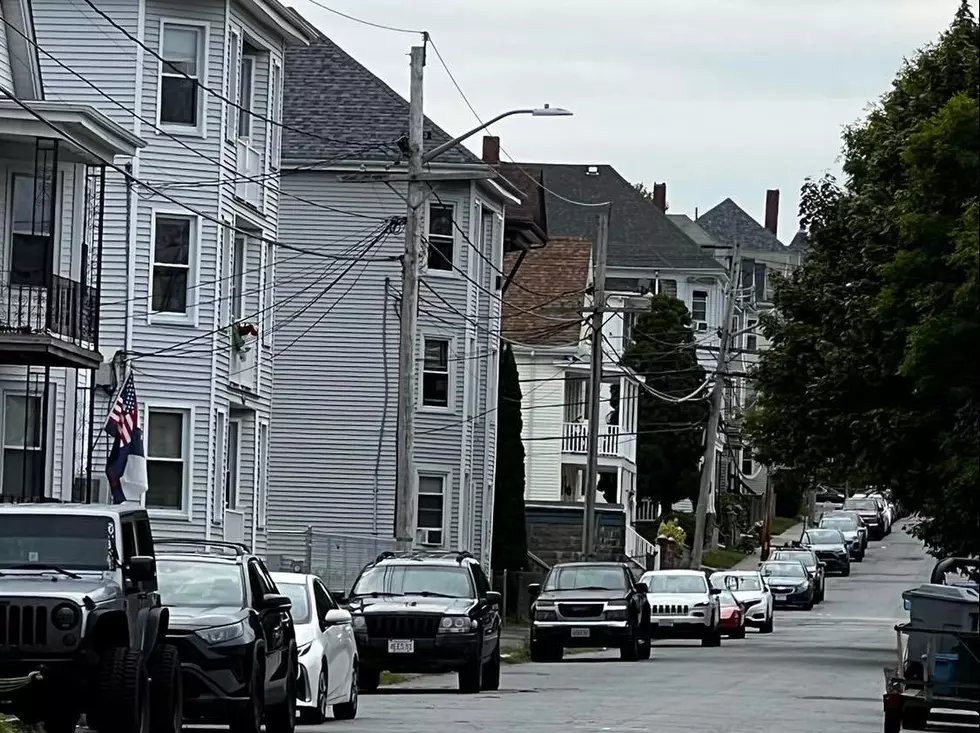
Two Justices Suggest Preservation of Bulk of ACA
The number of people without health insurance in Massachusetts would more than double and federal health care spending for the state would drop by $3.3 billion if the Affordable Care Act were overturned, a new report warns as the Supreme Court considers the fate of the health care access law.
The high court heard oral arguments Tuesday in the case California v. Texas, which seeks to overturn the 2010 law. Massachusetts is among the coalition of states defending the law, and Attorney General Maura Healey said her and her counterparts' efforts are about "protecting access to health care for millions of families across the country."
"The ACA remains the law of the land and it needs to stay that way -- we cannot let this Administration get away with sabotaging our health care," Healey said in a statement.
In their exchanges with the lawyers Tuesday, Chief Justice John Roberts and Justice Brett Kavanaugh each gave voice to the idea of striking the individual mandate that requires people to obtain health insurance while leaving other elements of the law intact.
"Looking at our severability precedents, it does seem pretty clear that the proper remedy would be to sever the mandate provision and leave the rest of the act in place, the provisions regarding pre-existing conditions and the rest," Kavanaugh said.
Roberts noted that in 2017, Congress removed the individual mandate penalty fee that people were required to pay if they did not have health insurance. He said it would be hard to argue "that Congress intended for the entire act to fall if the mandate were struck down when the same Congress that lowered the penalty to zero did not even try to repeal the rest of the act."
"I think frankly that they wanted the court to do that, but that's not our job," Roberts said.
Massachusetts has its own 2006 health insurance access law signed by former Gov. Mitt Romney. If the ACA were repealed and Massachusetts maintained its subsidized programs from before the federal law was implemented, the number of uninsured residents would rise by 69,000, and the state would face increased costs, according to an analysis from the Blue Cross Blue Shield of Massachusetts Foundation.
If the pre-ACA programs were not re-established, 422,000 Massachusetts residents would lose coverage, the report said, shooting the uninsured rate for the population under age 65 up to 12 percent from its current 4.4 percent.
Foundation President Audrey Shelto said the findings indicate that the Supreme Court case "has the potential to undermine over a decade's worth of progress" on health care access here.
"Since Massachusetts was a trailblazer in expanding health care coverage, people may be under the false impression that our gains would withstand the repeal of the Affordable Care Act," she said.
Without the 2006 coverage programs, federal health care spending in Massachusetts would decline by $3.3 billion per year, the report said. If the federal government helped re-establish the 2006 programs, federal funding would still decline by $2.1 billion and the state would have to step up its spending by $988 million per year.
State health care program spending would need to rise by $2.1 billion to maintain subsidized coverage programs if the federal government did not step in, according to the report.
"If the ACA is invalidated, Massachusetts cannot just return to the protections and subsidies available through our 2006 state health reform law" because that law "depends on a partnership with the federal government," Health Care For All executive director Amy Rosenthal said in a statement Tuesday.
Rosenthal said it would be "devastating" to strike down the ACA during a global pandemic, "jolting our health care system at a time where we need stability for individuals and families."
Groups including Health Care for All, the Massachusetts Health and Hospital Association, the Massachusetts Medical Society and the Conference of Boston Teaching Hospitals wrote earlier this month to the state's congressional delegation, asking them to continue to be outspoken supporters of the Affordable Care Act.
"Due to the pandemic, the state faces reduced revenues of nearly $4 billion during the
current state fiscal year alone," the letter said. "Put simply, the combination of policy and funding changes that would result from the repeal of the ACA would have a devastating impact on Massachusetts."
House lawmakers on Tuesday began deliberations on a $46 billion state budget for the fiscal year that began four months ago, based on revenue expectations that are now $3.6 billion lower than when Gov. Charlie Baker unveiled his original spending plan in January.
--Katie Lannan/State House News Service
More From WBSM-AM/AM 1420








![Trump Changed the Courts While Biden Is Stuck in the Past [OPINION]](http://townsquare.media/site/518/files/2020/10/GettyImages-1276848011.jpg?w=980&q=75)
